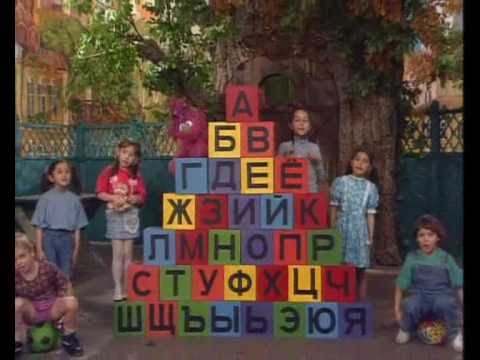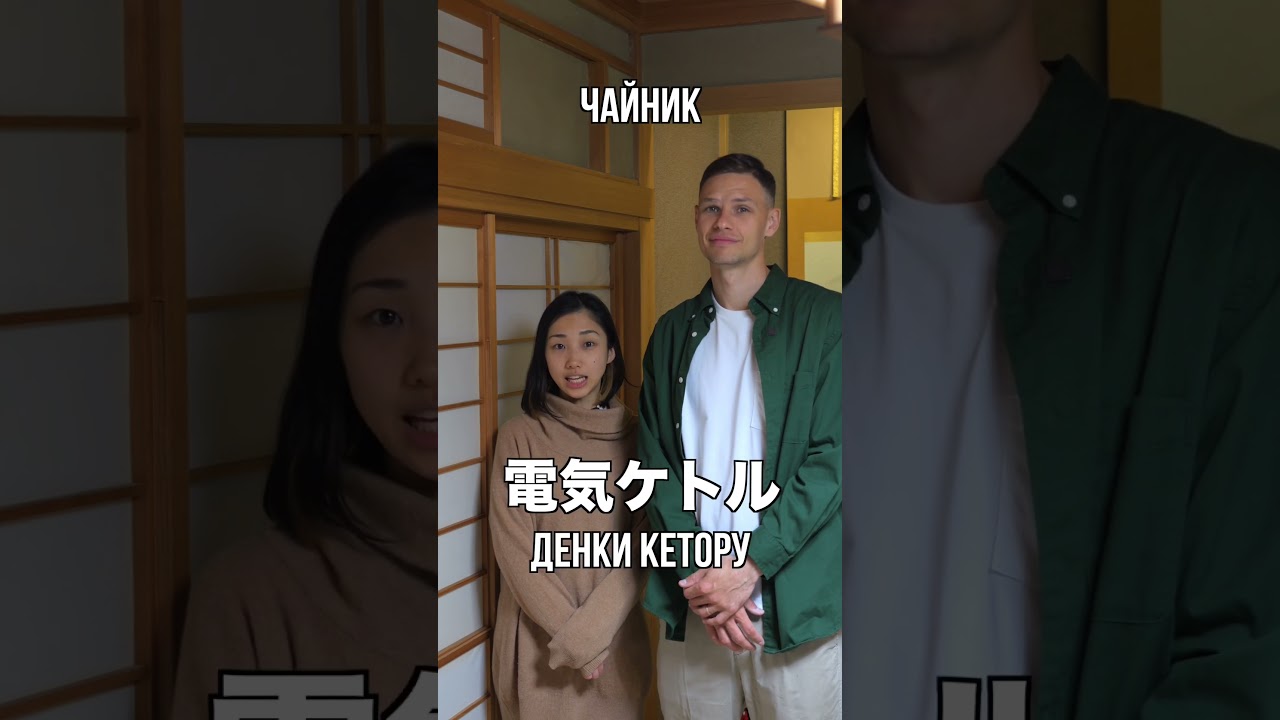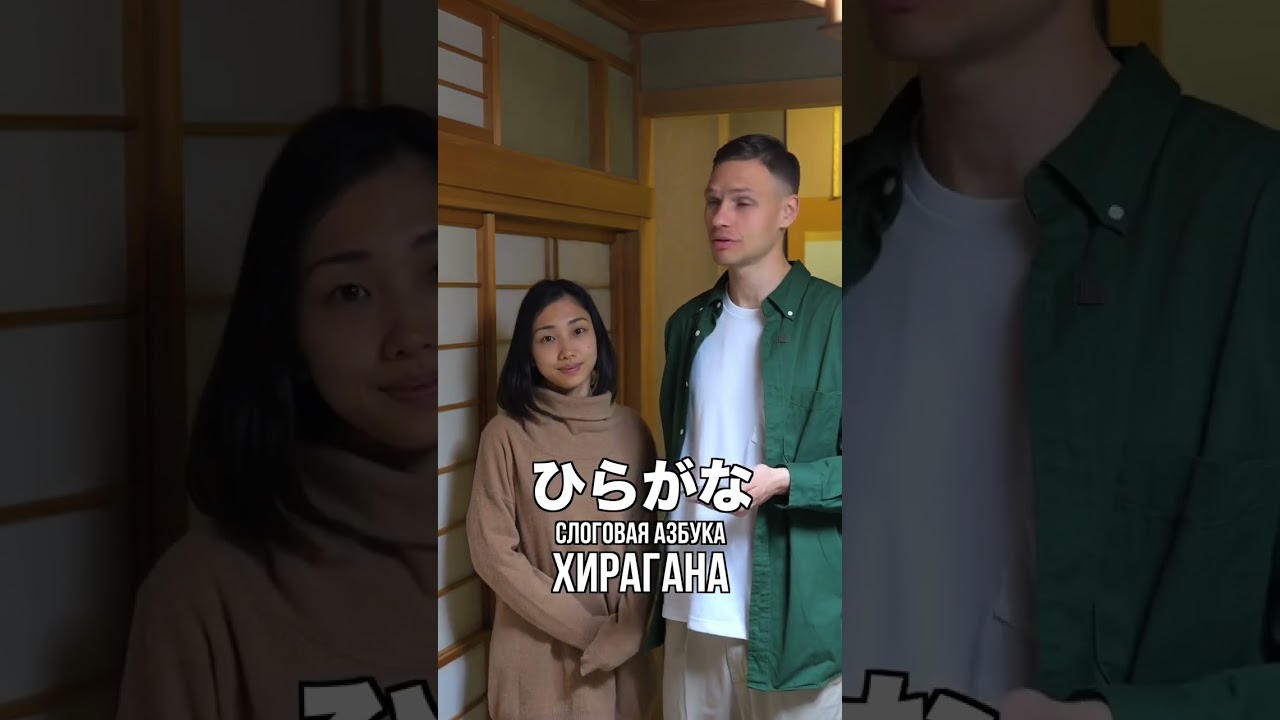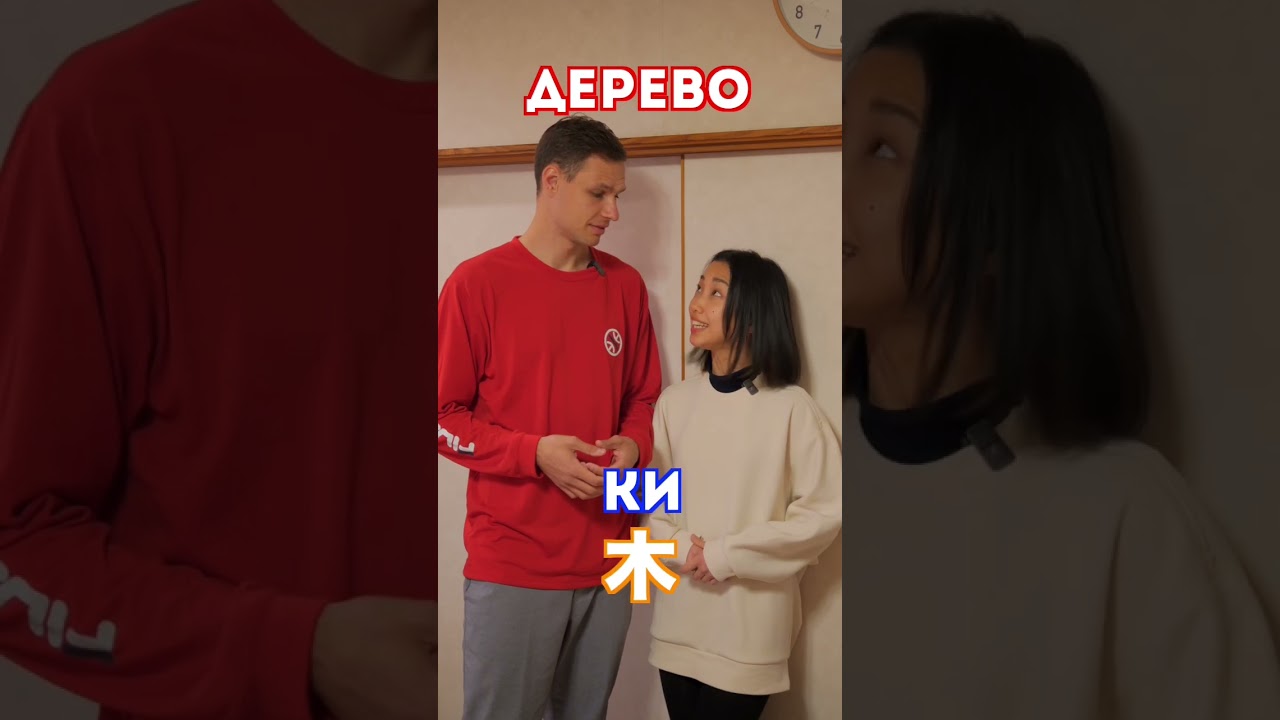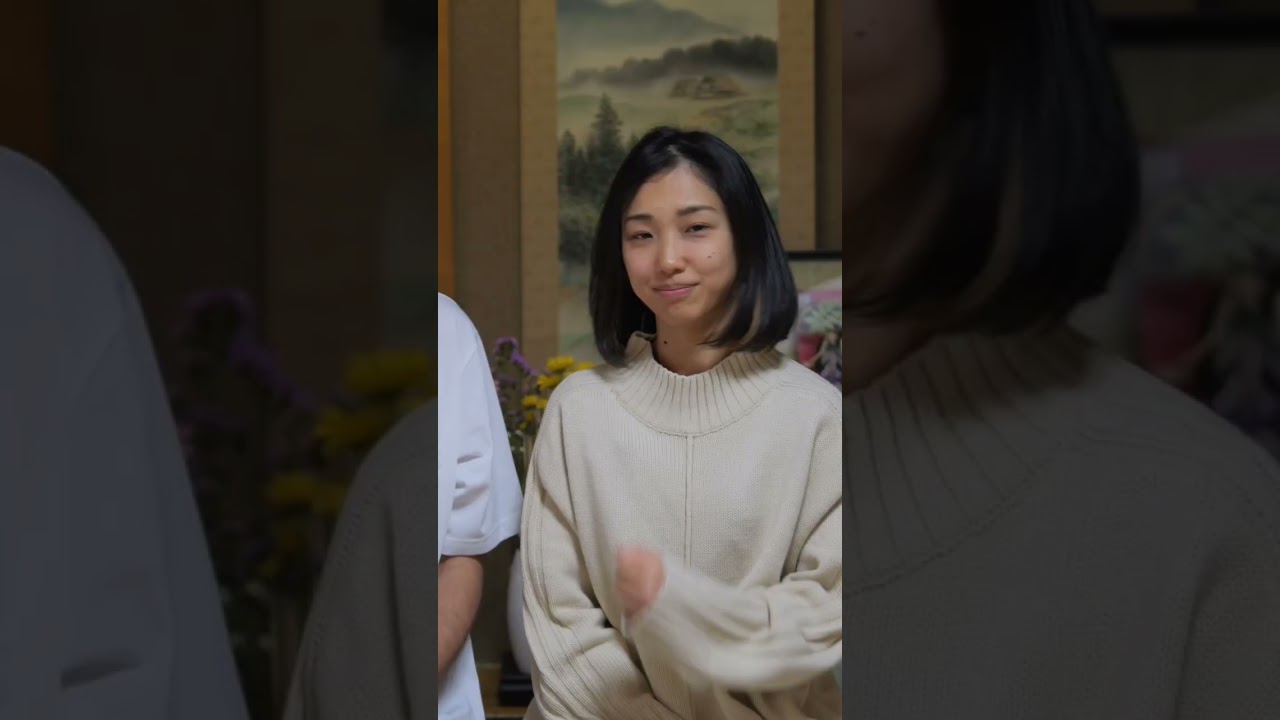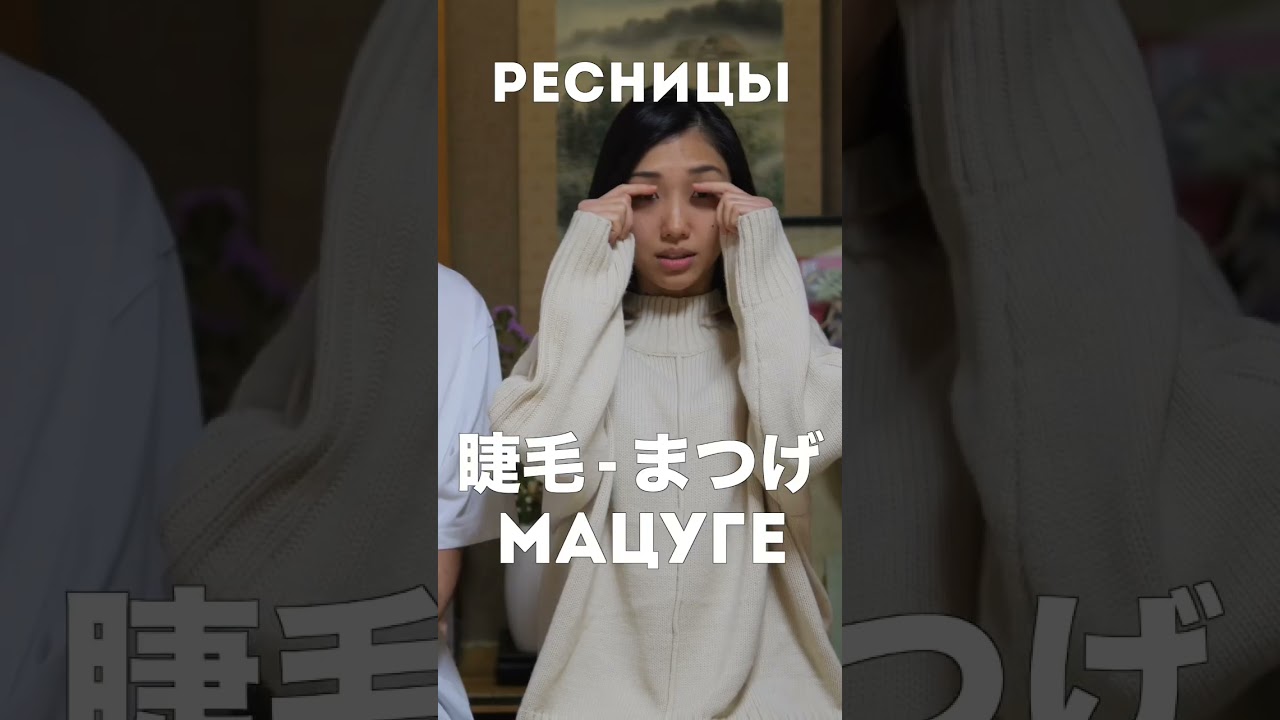@karasa
At the first glance, it seemed rather simple question. And, It was not.
This note became much longer than I expected.
Now I know I have no knowledge of my own language.
Wow…I need to study Japanese.
——
First, I’ll give you a quick explanation.
I looked up my dictionary for the word пожалуйста. According to the Oxford Dictionary, apparently it can be used in three situations.
1)polite request, as like
Сади́тесь, пожалуйста.
You can use 下さい, お願いします, どうぞ in this situation.
2)to show that you’re accepting someone’s request. As like
мо́жно посмотре́ть э́ти сни́мки? — Пожа́луйста.
переда́йте мне, пожа́луйста, кни́гу. — Пожа́луйста
You can only use どうぞ in this situation.
3 (в ответ на «спаси́бо»)
You can’t use all of three words.
But you can say どういたしまして in this situation.
——
From here I’ll show you my own explanation of those three words.
下さい(ください)
Historically it was spelled くだされ, which was an order-form of the archaic verb 下す(くだす), which literally means ‘move something to lower position’, ‘move something to inferior place.’
下す then have had some abstract meanings like, ‘give something to one’s inferior person’, ‘do something for one’s inferior.’
And ultimately, in modern day usage, 下さい is equivalent to ‘please do it,’ when it follows another verb phrase or noun phrase.
Examples.
続けて下さい(つづけて~)
Please continue, sir.
続ける is the verb ‘continue.’ And it is followed by て, a verb phrase linking particle.
やめて下さい
Stop doing it, please.
やめる is the verb ‘stop.’
ご連絡下さい(ごれんらく~)
Please contact me.
連絡 is a noun ‘contacting.’
ご is a noun-prefix, it expresses the speaker’s polite feelings towards the noun related to the hearer.
In this example, who will perform the action ‘contacting’? It is the hearer, and thus the speaker is expressing his polite feelings towards the hearer’s action.
お has similar politeness function to ご, but it is more flexible word. Actually I can’t clearly show when the word お can be used, and when it cannot.
—
お願いします(おねがいします)
This phrase consists of three parts, お(noun-prefix) + transitive verbal noun + します(to do)
お + (transitive verbal noun) expression will be sound unnatural when the verb cannot have any politeness towards the Object of the verb.
For example, if you punch someone, can it be a polite action? Of course not, so you can’t say お殴りします(おなぐりします)even though it has grammatically correct wordings.
In the very unusual context, however, sometimes this お殴りします kind of expression can be happening. It really depends on the situation.
Examples.
お下げします(おさげします)
お皿をお下げします。(おさらを~)
I will remove your plate, sir.
(Imagine you finished your plate in a restaurant and a waiter came to clear up the table.)
And he then ‘move’ the plate to the kitchen/staffroom, which is ‘inferior’ compared to the table where the guest is at. Thus the word 下げる, which is the modern version of 下す, used here.
The verb 下げる naturally can be polite in this situation, so you can use the construction.
お願いします
Please, sir.
And now we face the phrase お願いします.
願い is a verbal noun ‘wish, hope.’
It was derived from the verb 願う(to wish), which originally means ‘to pray for Gods.’
Thus the usage ‘politely ask someone’ has occurred.
Of course ‘to pray for Gods’ has a sense of politeness in it. You can use お + (tr-verbal noun) + します construction.
—
どうぞ
It means ‘feel free to ~.’
Attention, it is NOT equal to ‘please.’
In so many occasions it precedes a verb phrase. But can happen as a standalone sentence as well.
どうぞ召し上がって下さい(~めしあがって~)
Please, feel free to consume the food.
召し上がる means ‘to eat’, and it’s a very polite word. It never happens with the first person subject.
In the sentence above, the subject is ‘the hearer.’
どうぞお掛けになって下さい(~おかけ~)
Please, feel free to have a seat.
お掛けになる means ‘to have a seat.’
——
When 下さい happens in a sentence as a standalone word, it means ‘please, give (the thing) to me.’
コーヒーはいかがですか?
Would you like coffee?
下さい
Please (give the coffee to me).
![]()
